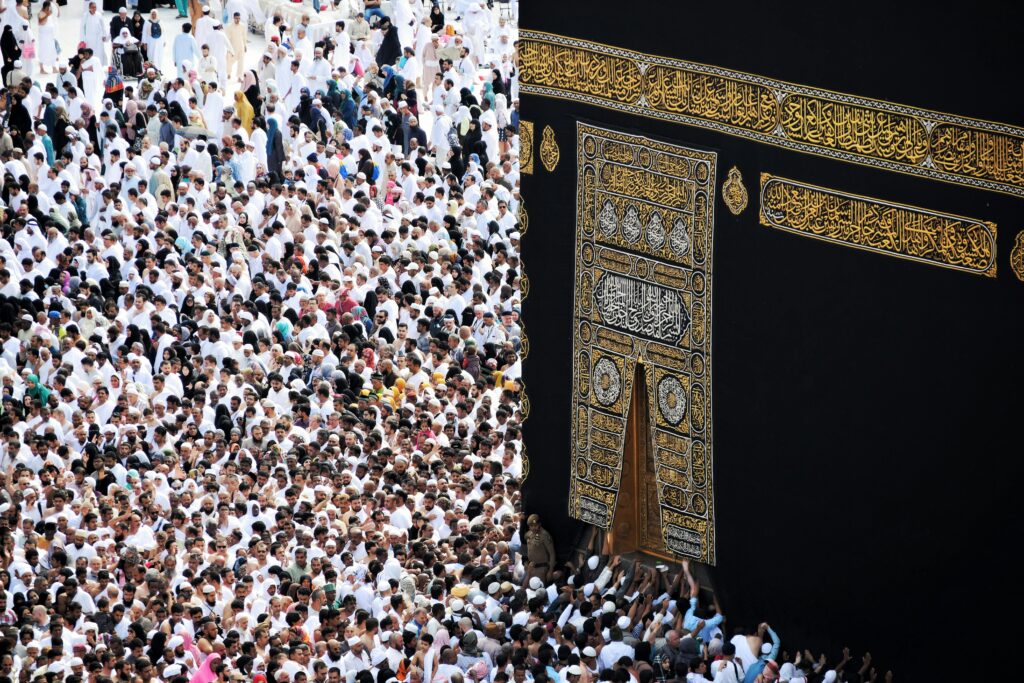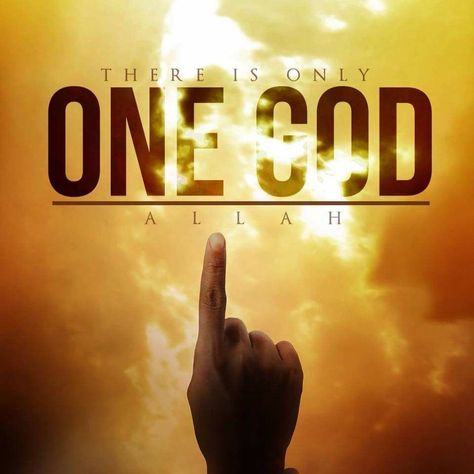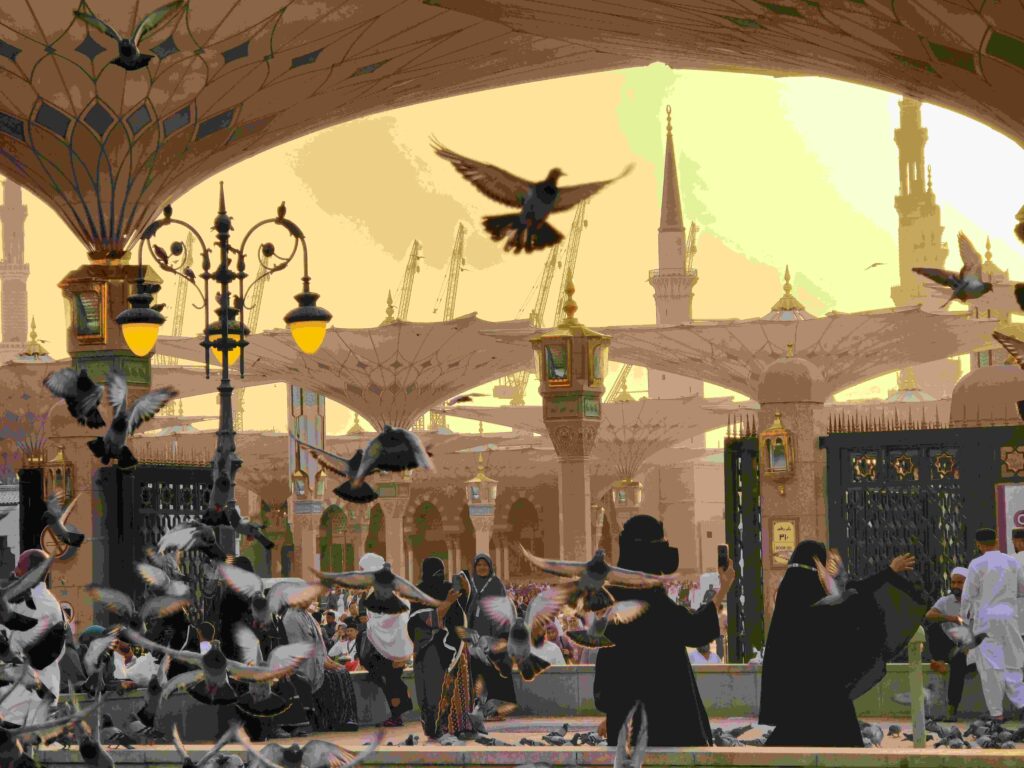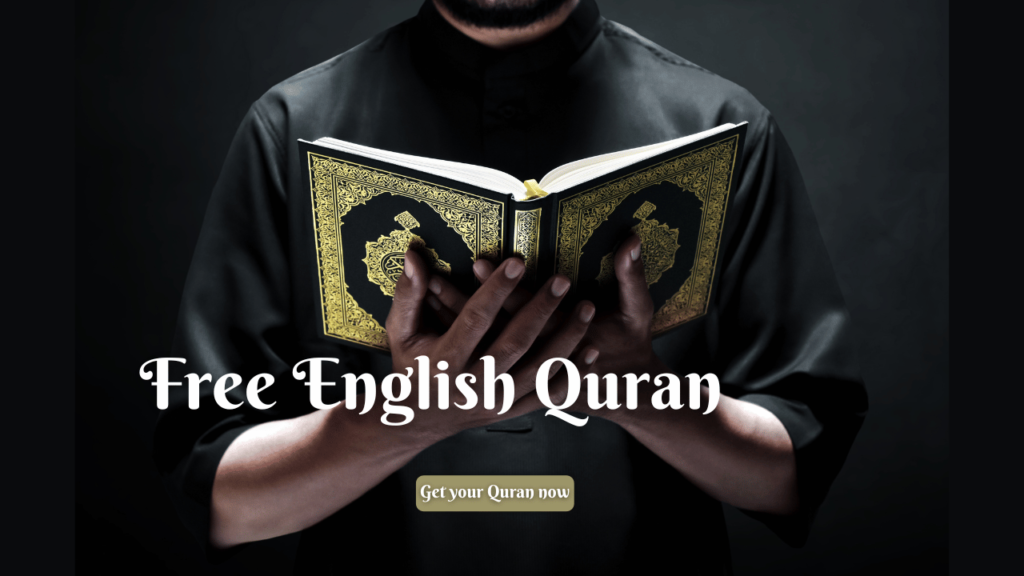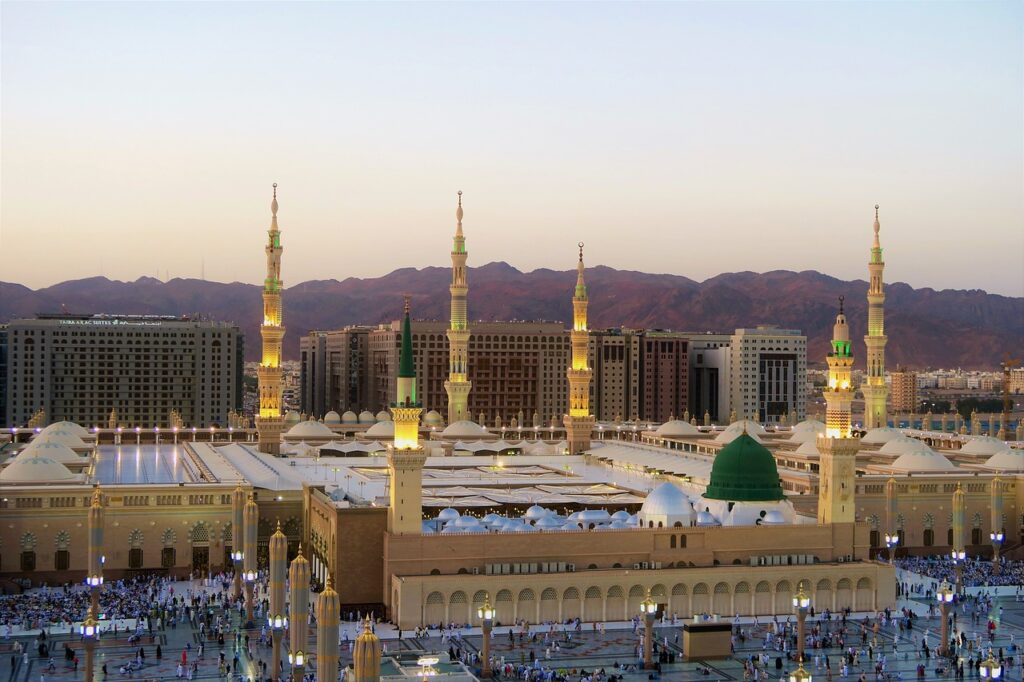The Essence of Islam Explained
Islam is one of the world’s largest and most influential religions, encompassing a rich history, profound beliefs, and a comprehensive way of life for its followers. With over a billion adherents globally, Muslims practice and uphold the teachings of Islam, which were founded on the principles of worshipping Islam’s God, Allah. From its significant sites like the Kaaba in Mecca to the Islamic laws that govern daily life, Islam offers a holistic approach to faith, spirituality, and societal values. This article will delve into the essence of Islam, focusing on key aspects such as beliefs, prayers, holidays, and the role of progressive values within the Muslim community. The Fundamental Beliefs of Islam At the heart of Islam lies the belief in the oneness of God, or Islam God, known as Allah. Muslims are guided by five essential principles, referred to as the Five Pillars of Islam, which serve as the foundation of the faith: Shahada (Faith): The declaration of faith in Allah and the Prophethood of Muhammad (PBUH). Salah (Prayer): The obligation of Muslims’ prayers five times a day, a practice that fosters a connection with Allah. Zakat (Charity): The duty to give to those in need, reflecting the value of social responsibility. Sawm (Fasting): Observing fasts during Islamic holy days, most notably during the month of Ramadan. Hajj (Pilgrimage): The pilgrimage to the Kaaba, a sacred site in Mecca, which every Muslim must undertake at least once if financially and physically able. These pillars define the core values and practices of Muslims worldwide, reflecting a balance between faith, personal conduct, and societal contributions. The Kaaba: The Holiest Site in Islam The Islam Kaaba, located in the holy city of Mecca, Saudi Arabia, holds immense religious significance. It is the direction towards which Muslims around the world face during their prayers. The Kaaba symbolizes the unity of Muslims, as millions gather around it during the annual pilgrimage known as Hajj. It stands as a reminder of the Islamic belief in monotheism and the shared bond between Muslims globally. Islamic Laws and Modern Society Islamic laws, also known as Sharia, are derived from the Quran and the Hadith (the sayings and actions of Prophet Muhammad, PBUH). These laws cover various aspects of life, including worship, personal conduct, marriage, business, and even Muslim holidays. While the core principles of Sharia remain unchanged, Muslims for Progressive Values advocate for a modern interpretation of these laws, balancing tradition with the evolving needs of contemporary society. This movement supports gender equality, human rights, and social justice within the framework of Islamic teachings. Islamic Symbols and Art The Islam symbol, most commonly recognized as the crescent moon and star, holds cultural and religious significance for many Muslims. While not universally adopted, this symbol is often associated with Islam, appearing on flags and emblems in various Islamic countries. Beyond symbols, Islamic art reflects the beauty of the faith through calligraphy, architecture, and geometric designs. From the intricate mosques adorned with Quranic verses to the Islamic wallpaper found in homes, Islamic art is a profound expression of spirituality and devotion. Muslims Across the World Islam is a global religion and Muslims by country differ in culture, language, and practices. Despite this diversity, all Muslims share the same core beliefs. The call to prayer, known as the Muslim call to prayer or Adhan, echoes in mosques from Indonesia to Morocco, uniting Muslims in worship. Islamic celebrations, such as Muslim holidays like Eid al-Fitr and Eid al-Adha, are observed worldwide, bringing together families and communities in shared worship and festivities. Islamic Practices: Prayers, Greetings, and Rituals One of the most essential practices in Islam is prayer. Muslims are required to perform Islam prayer five times a day, facing the Kaaba. The act of praying is not only a form of worship but also a way to maintain discipline and spirituality throughout the day. Another important aspect of Muslim culture is the Islamic greeting known as As-Salamu Alaikum, which means “Peace be upon you.” This greeting reflects the emphasis on peace, goodwill, and community within the religion. During the month of Ramadan, Muslims fast from dawn until dusk, reflecting on their faith and practicing self-discipline. Fasting, or Sawm, is one of the most profound spiritual practices in Islam, teaching compassion for the less fortunate. The Islamic Golden Age: Contributions to Civilization The Islamic Golden Age (8th to 14th century) was a period of flourishing arts, science, and culture under the Islamic Caliphates. Muslim scholars made significant advancements in fields like mathematics, medicine, astronomy, and philosophy. These contributions laid the groundwork for many aspects of modern science and technology. Famous Islamic scholars such as Avicenna (Ibn Sina) and Al-Khwarizmi made breakthroughs that still influence the world today. Islamic Relief: Charity and Social Responsibility Islamic Relief USA is a leading Muslim humanitarian organization dedicated to providing aid to those in need. In accordance with the Islamic principle of Zakat, Islamic Relief supports communities affected by poverty, war, and natural disasters. Their work embodies the spirit of charity and social justice central to Islam, highlighting the importance of giving back to society. The Holy Books and Teachings of Islam Islamic teachings are based on the Muslims’ holy book, the Quran, which Muslims believe to be the direct word of Allah as revealed to the Prophet Muhammad (PBUH). In addition to the Quran, Muslims also follow the Islamic book known as the Hadith, which records the sayings and practices of the Prophet. These texts provide a comprehensive guide for living a righteous and fulfilling life according to Islamic principles. The Influence of Islam: Quotes and Inspiration Islam offers countless inspirational quotes that emphasize compassion, mercy, and wisdom. Islam quotes from the Quran and the Prophet Muhammad (PBUH) often serve as guidance for Muslims in their daily lives. These quotes reflect the deep connection between faith, ethics, and humanity in Islam. Conclusion: The Global Impact of Islam: Islam is a religion with a profound history, a rich set of beliefs, and a dynamic role in

